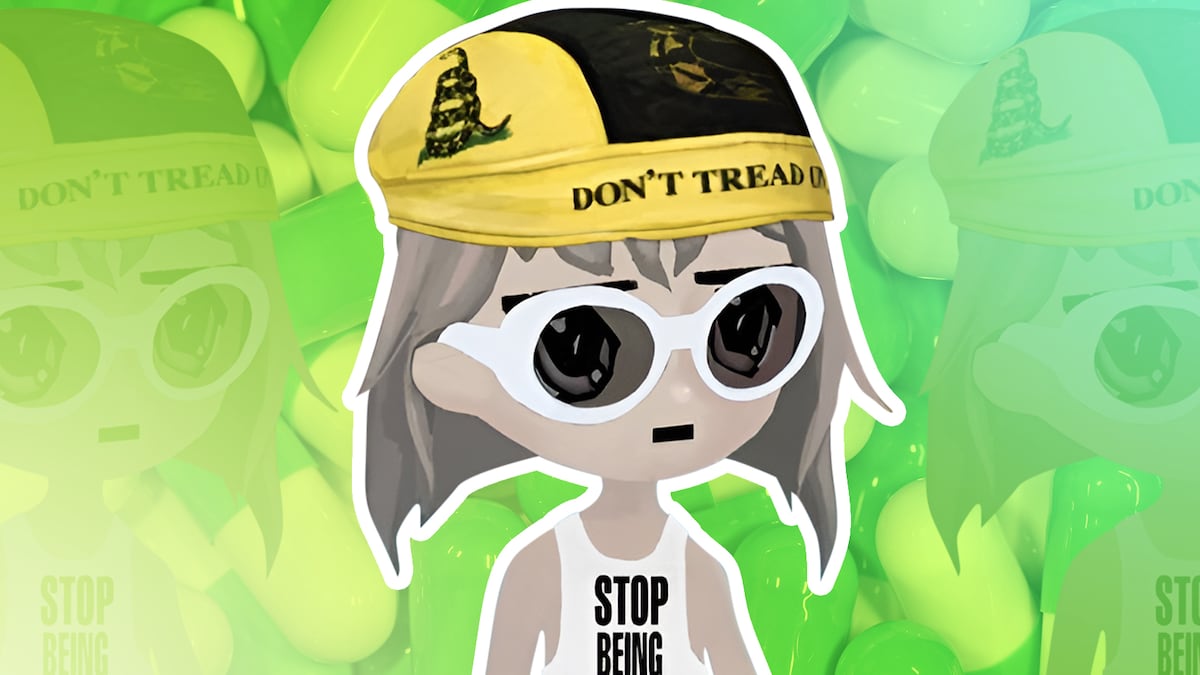- Cohen said an airdrop won't be happening soon
- The PUMP token continued its week-long loss streak.
- Competing token launchpads are eating into Pump.fun's market share.
Pump.fun investors hoping to recoup losses with another airdrop from the memecoin factory have had their hopes dashed.
At least, for now.
On Wednesday, Alon Cohen, the co-founder of Pump.fun, confirmed that the project will indeed dish out more tokens, but “it will not be taking place in the immediate future.”
Investors responded in force. The PUMP token has retreated by more than 15% over the past 24 hours.
The news comes fast on the heels of the project’s controversial initial coin offering on July 12.
Pump.fun may have raised nearly $600 million in minutes during its highly anticipated ICO, but many remaining holders are even further in the red this week.
That’s because PUMP has now fallen to $0.003, some 25% off its July 12 listing price, according to CoinGecko.
Investors who may have hoped to cash in on the industry’s first major ICO in more than seven years have been left disappointed.
“Pump certainly is not fun,” quipped Piers Kicks, a founding partner at Delphi Ventures, on X.
Ironically, the blowback comes as the memecoin market’s value is finally creeping back up amid wider investor enthusiasm.
The niche has more than doubled over the past 30 days to just under $76 billion, which is still 45% below its January high, according to CoinMarketCap.
So, what’s dragging PUMP?
‘Awful optics’
Pump.fun raised an additional $720 million by selling another block of tokens to private investors, which has led some to blame the deal’s structure for PUMP’s poor price performance.
These investors were allowed to sell their holdings on the open market days after the offering.
“Clearly, this is just max extraction,” McKenna, a pseudonymous partner at venture firm Arete Capital, said on X.
“The team allowed all of this with zero vesting. Didn’t expect the above, but it leaves Pump.fun with awful optics going forward.”
Cohen did not immediately return a request for comment.
What’s more, the heavy bleeding couldn’t be stymied by the Pump.fun’s aggressive buyback programme to prevent precisely this outcome.
On July 16, it bought roughly three billion PUMP tokens.
Typically meant to signal longer-term confidence in an asset, the token briefly surged by roughly 20% before continuing its downward trajectory.
$775 million in revenue
Pump.fun allows anyone to create their own cryptocurrency with just a few clicks and then promote the token via a built-in video streaming function on the platform.
Since its launch in 2024, the project has generated over $775 million in revenue and launched nearly 12 million memecoins, according to onchain data.
Along the way, however, it’s also faced its fair share of controversy.
In one dark episode, a Pump.fun user recorded his alleged suicide as a marketing stunt to promote his cryptocurrency.
A DL News investigation later revealed that the suicide was a hoax, and Pump.fun briefly suspended the streaming function as a result.
Meanwhile, other token launchpads have eaten up market share.
LetsBonk, a launchpad backed by the BONK memecoin community, now commands over 60% of the niche since its launch in April.
Other investors have also leapt into projects far outside the realm of memecoins, namely the decentralised derivatives exchange Hyperliquid.
The DeFi project also distributed more than $1 billion in HYPE tokens to early users and deployed a similar buyback program earlier on.
The results, however, have been very different.
The HYPE token has soared more than 14% in the last month, according to CoinGecko.
When airdrop?
Pump.fun holdouts still remain, of course.
After all, the project promised free tokens “soon” for users on July 9.
But, given Cohen’s latest comments, the only question now is: When exactly is soon?
Liam Kelly is a Berlin-based reporter for DL News. Got a tip? Email him at liam@dlnews.com.


